TR — 200825 LLMs and Wittgenstein
Wittgenstein insisted that the limits of our language are the limits of our world. Words define not only what we can say but what we can think. But what happens when language is filtered through artificial intelligence? If my thoughts are constrained by the grammar and vocabulary available to me, then AI is less a mirror than a shortcut: it multiplies the perspectives I can access in an instant, challenging the narrowness of my current position.
A Google search never did this. It retrieved answers; AI proposes possibilities. If new words are futile — since language is always a collective contract — then perhaps AI sidesteps that impasse by offering new thought-forms without waiting for linguistic consensus. The words remain the same, but the constellation they form is broader, more unpredictable.
And what of AI’s polyglot capacity? If language shapes thought, then an AI that “thinks” across languages inhabits a radically expanded spectrum of realities. Yet the paradox is clear: the bias remains in the tongue I choose to speak with it. My entry into this expanded realm is still gated by my own vocabulary.
Visual generation intensifies the rift. To conjure a new image in seconds is to leap ahead of thought. The machine mixes references with improbable precision, creating propositions that the human mind could have taken days — or never — to reach. What matters then is not invention but discernment. Taste becomes the compass, the instinct that filters signal from noise in a sea of perspectives.
Perhaps instinct is the last measure when the doors of reality swing open. If language collapses into endless variations, and if images proliferate faster than we can absorb them, then instinct is what remains to orient us — a fragile but irreducible anchor in the flood.
